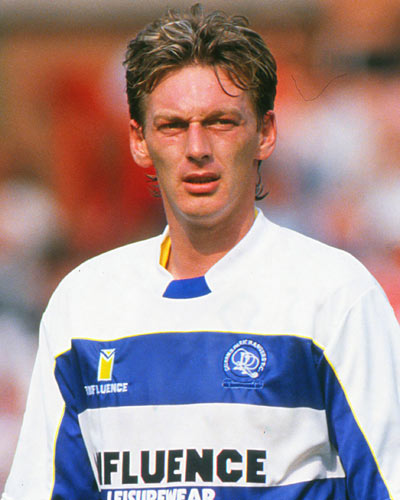


MAIER: One was on the night before the launch, refusing to sign off on the launch authorization and continuing to argue against it. MARK MAIER: There are two ways in which Al's actions were heroic.īERKES: Mark Maier directs a leadership program at Chapman University and has studied the Challenger launch decision. His engineers knew that rubber O-rings, seals that contain burning fuel, stiffened in cold weather and didn't seal, which is precisely what happened. Hours before his decisive moment, the forecast called for 18 degrees, the coldest launch ever. I just thought, we're taking risks we shouldn't be taking.īERKES: McDonald worked for NASA contractor Morton-Thiokol and was responsible for the two massive rockets filled with explosive fuel which lifted shuttles toward space. And I made the smartest decision I ever made in my lifetime. Refuse to sign, and he'd risk his job, his career and the good life he built for his wife and four children.ĪLLAN MCDONALD: That was a reason I was at the Cape, as it required that a senior official be at the Cape to approve or disapprove a launch if something came up. Sign the form, he believed, and he'd risk the lives of seven astronauts set to board the space shuttle Challenger. HOWARD BERKES, BYLINE: On January 27, 1986, Allan McDonald stood at the cusp of history. He was one of the people who tried to stop the launch and later exposed an apparent cover-up. Allan McDonald died Saturday in Ogden, Utah, at age 83. We are remembering someone who played a major role in the fatal launch of the space shuttle Challenger. Allan McDonald, who directed the booster rocket project at NASA contractor Morton Thiokol, urged delaying the launch of the space shuttle before it exploded in 1986.


 0 kommentar(er)
0 kommentar(er)
